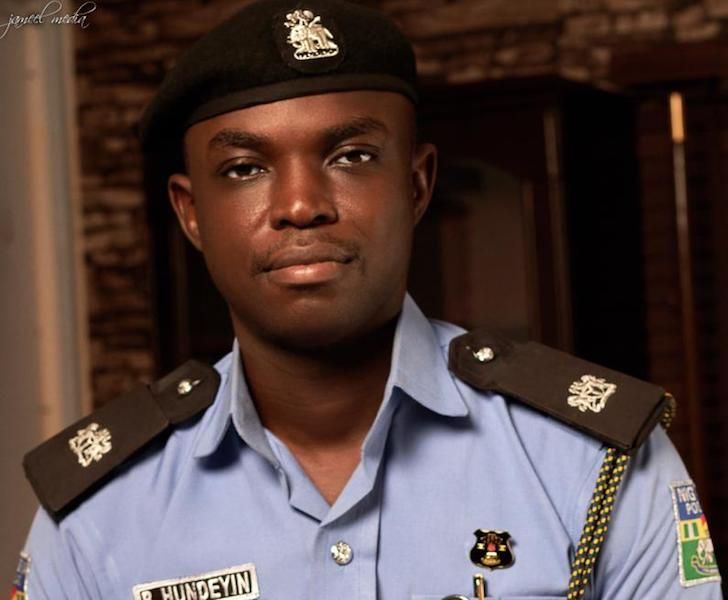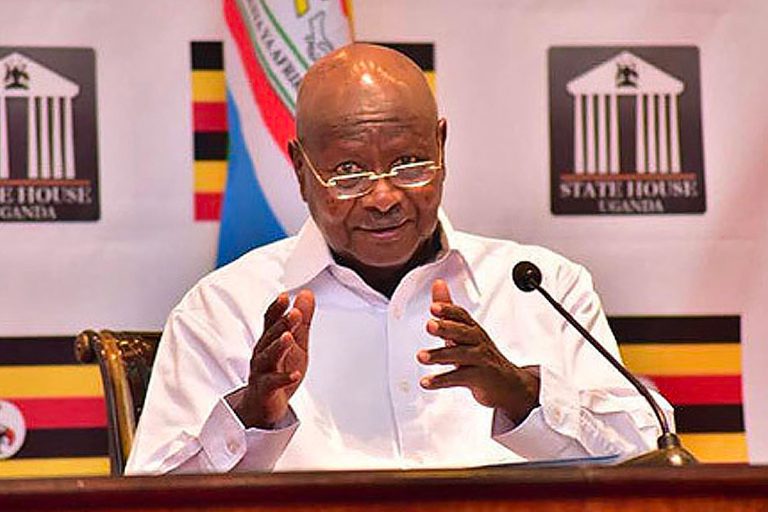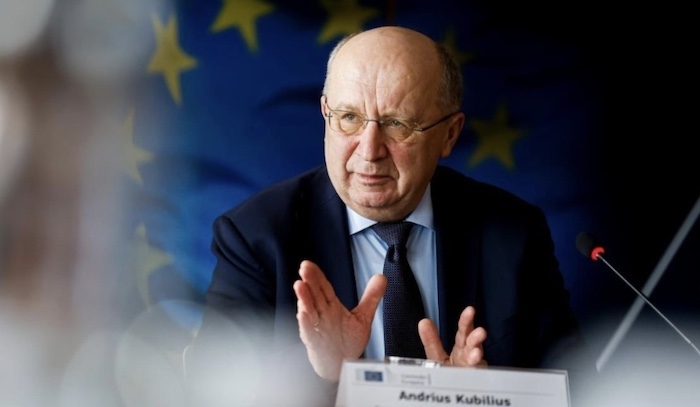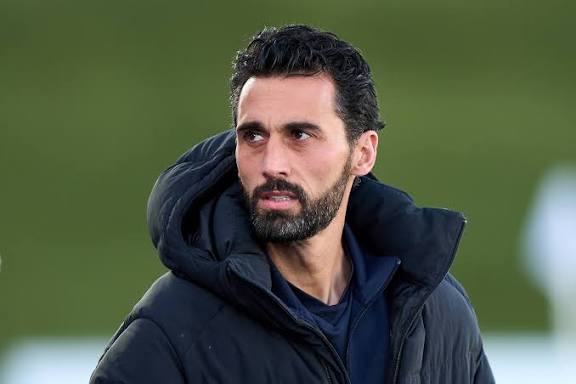
The Nigeria Police Force says it has not been officially served with the court order relating to the ongoing legal challenge against its tinted glass permit enforcement policy.
The Force Public Relations Officer, CSP Benjamin Hundeyin, disclosed this on Saturday via social media in response to public commentary, including a post by human rights lawyer Inibehe Effiong, who referenced a recent court order that purportedly halted enforcement.
“While we have not been officially served the court order you’re making reference to, let me, in the meantime, show point number eight (of the same order) since you left that part out and focused only on point number six. Nigerians deserve a complete picture, not a skewed one,” Hundeyin said.
He clarified that while the Federal High Court in Warri did issue an interim order asking all parties to maintain the status quo, it did not grant the plaintiff’s three major injunctions challenging the permit policy.
Court Order: Maintain Status Quo
The legal challenge, filed by the Nigerian Bar Association (NBA), contests the legality of the annual tinted glass permit policy, which was introduced in April 2025. Under the policy, vehicle owners must apply for a permit annually and pay a fee to operate vehicles with tinted windows.
On Friday, the Federal High Court sitting in Warri directed the Inspector-General of Police (IGP) and the Nigeria Police Force to maintain the status quo pending further proceedings. The next hearing is scheduled for October 16, 2025.
Senior Advocate of Nigeria Kunle Edun, who is leading the NBA’s legal team, hailed the ruling as an important development for the rule of law and civil rights in Nigeria.
Enforcement Begins in Niger Despite Legal Challenge
Meanwhile, in a parallel development, the Niger State Police Command has commenced enforcement of the tinted glass policy.
The Commissioner of Police, CP Adamu Elleman, was seen supervising operations in Minna metropolis on Thursday, where officers were deployed to strategic points to stop and inspect vehicles with tinted windows.
Elleman urged officers to be professional, courteous, and firm, stressing that the initiative was aimed at national security, not harassment.
“Ignorance of the law will not serve as an excuse. Criminals exploit tinted glass to conceal identities. This measure helps enhance transparency, safety, and public accountability,” the CP said.
He expressed satisfaction with the level of public cooperation, describing the exercise as successful and well-received by motorists.
Mixed Reactions Nationwide
Since the permit was reintroduced, the policy has sparked intense debate. Motorists and civil rights groups have called it burdensome, prone to abuse, and lacking in legal clarity.
On the other hand, security analysts argue that the tinted glass regulation is essential for public safety, especially in the face of rising insecurity and organized crime.
With the legal case ongoing and some police commands already enforcing the permit system, the coming weeks could see further friction between law enforcement and civil rights advocates.



